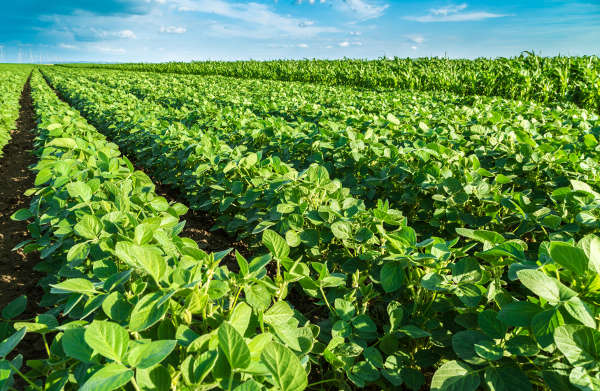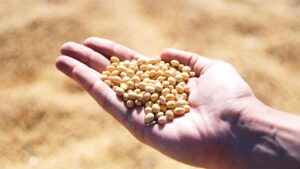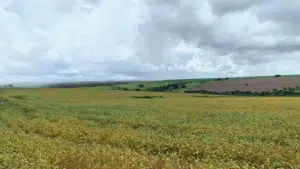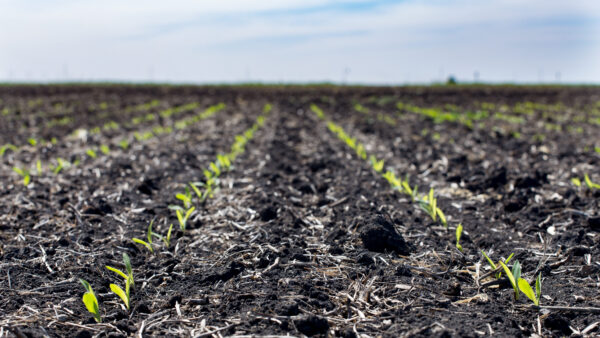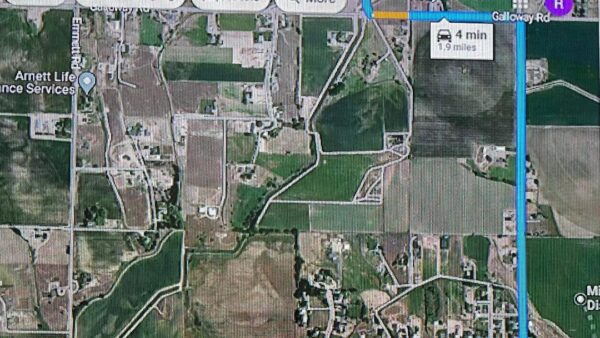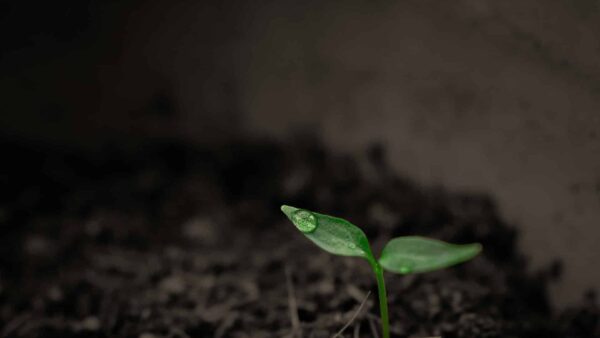Scientists at the University of Missouri map additional soybean genomes, which could help breeders fight diseases and other challenges in the crop.
Approximately 340 million metric tons of soybeans are produced globally each year, with the market for soybeans worth $40 billion in the U.S. alone. Having a map of soybean genes is key for breeders, who work to develop varieties that farmers can use to help battle diseases and other environmental factors. For nearly a decade, only one soybean cultivar – “Williams 82” – had been sequenced, but MU scientists led by Henry Nguyen now have succeeded in mapping two more, giving breeders access to a broader array of soybean genes.
“The significance here is that we now have three reference genomes for soybeans,” says Nguyen, Curators’ Distinguished Professor of Plant Sciences in the University of Missouri College of Agriculture, Food and Natural Resources. “Having those reference genomes gives us a solid foundation to build on and allows us to continue to understand the genetic diversity of soybeans. If we want to increase yields, improve disease resistance and seed composition quality, and allow for better stress adaptation and resilience, we have to understand how the genetics work.”
The purpose of this sequencing project, “Better Soybean, Better Life,” is to assist molecular breeding and genome editing in order to enhance the productivity, biotic and abiotic stress tolerance, and nutritional quality of soybeans around the world. Having several reference genomes will allow breeders to develop and deliver new varieties more quickly and efficiently.
“The new genome assemblies will be important for several reasons,” says Steven Cannon, a plant research geneticist with the U.S. Department of Agriculture Agricultural Resource Service (USDA-ARS). “The Lee cultivar is an important variety in the southern U.S., and has been used as a parent of many other commercial soybean lines. The other new genome sequence is from a close wild relative of soybean, and will give a picture of how the soybean was domesticated, starting several thousand years ago in Asia. Together, these genome assemblies should help researchers more rapidly identify important genes, and to efficiently produce improved soybean varieties.”
Funding for the sequencing project was provided by the United Soybean Board and three private companies: Bayer CropScience, DOW AgroSciences and Monsanto. Investigators on the project include: Henry Nguyen and Babu Valliyodan (University of Missouri); Steven Cannon and Qijian Song (USDA-ARS); Wes Warren (Washington University); Hon-Ming Lam and Ting-Fung Chan (Chinese University of Hong Kong); Dave Edwards (University of Western Australia); and Jeremey Schmutz (HudsonAlpha Institute for Biotechnology).


